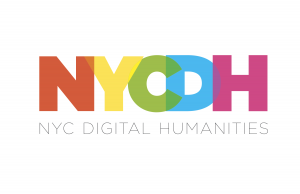With Museums and Libraries rapidly digitizing their collections and making them available to the public, educational scaffolding and digital access programming have become critical to the understanding and approachability of archival contents. Learn to foster a deeper connection between the public and a digitized archive of a cultural institution through thoughtfully constructed digital programs. Follow the history of today’s archival public interface from the early computerization in the 1960s, to the origins of access initiatives in 1990s Japan to the high tech world of visitor-centric, mission-based institutions of the digital age. Explore established museological theory on the necessity, significance and advantages of digital programming as well as steps to avoid the common pitfalls of implementation. Learn in detail, the distinct financial, practical, social, educational and theoretical reasoning for digital access programming. Review website visitor behavior studies and discover how to program for your archival audience by discussing the advantages of digital programming’s capabilities over those of a physical experience. Learn from case studies assessing leading cultural institutions with cutting edge digital programming and engage with new software and hardware showing promise of appropriate application in cultural institutions.
Skill Level
All Levels
Prerequisites
None
Equipment Requirements
None


